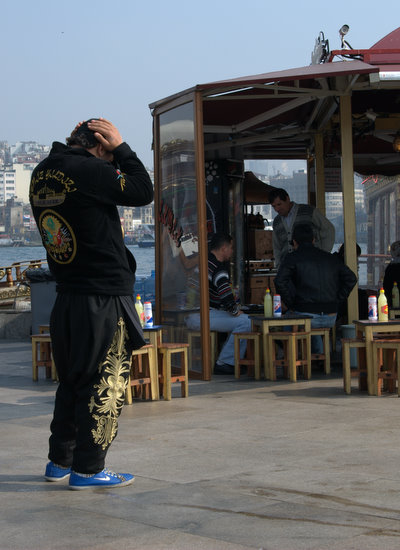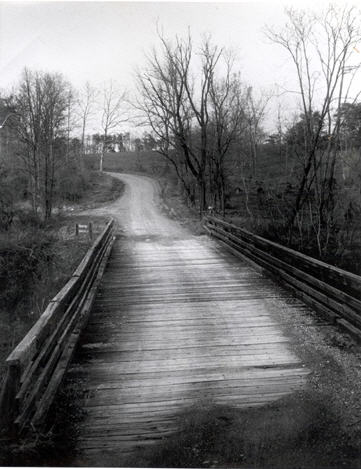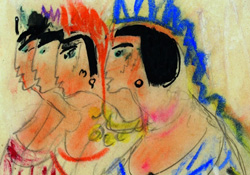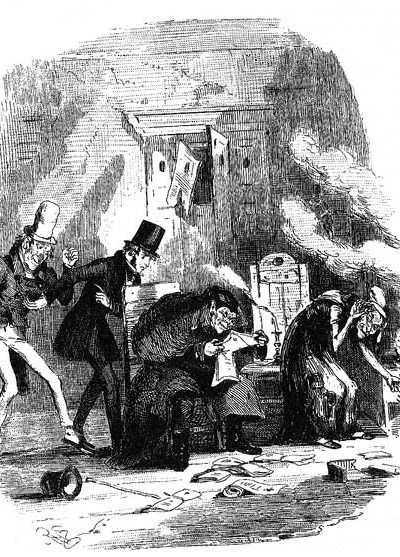Fluff Piece: the meandering truth about cats and writers
Colette, Twain, Plath, Sagan, Chandler, Shaw, Bradbury: all cat lovers and writers on the subject of cats. Suffice it to say that writers, second only to spinsters in the throes of dementia, are unequivocally cat people. What, if anything, can be gleaned from this critically neglected relationship?
In the last essay in her trilogy about reading Turkish novels in Istanbul, Helen Stuhr-Rommereim writes about the uncanny persistence of cultural stereotypes in Elif Shafak’s THE BASTARD OF ISTANBUL, and the simultaneously predictable and unpredictable experience of travel in a foreign city.
For and Against Interpretation: Reading A.S. Byatt
“These protagonists (some, not all) end up throwing over a form of knowing characterized by skepticism in favor of an inchoate and yet much more real sense of what is true and meaningful—perhaps the very sense that experiences and words can be true and meaningful.”
In the second essay of her travelogue trilogy about reading Turkish novels in Istanbul, Helen Stuhr-Rommereim discovers black magic and cultural collision in Letife Tekin’s DEAR SHAMELESS DEATH.
Two coming-of-age novels take us to the middle of nowhere.
The (Re)birth of the Author: derek beaulieu’s Experimental Poetics
beaulieu’s recent work, which encompasses visual poetry, graphic “translations” of other literary works, and conceptual or process-based prose, hardly presents a unified front. It is, however, bound together by its persistence in forcing the use of scare quotes around the word “writing”, in imagining alternative ways of creating and reading literature.
I found these books and these authors because I needed their voices, although I don’t know that I’ve ever articulated that to myself before. I needed to see women writing other women, women on the page who were strong, thoughtful, harrowingly flawed and courageous in facing and exploring their own selves – if a little batty.
In the first of a trilogy of essays about reading Turkish literature in Istanbul, Helen Stuhr-Rommereim takes Ahmet Hamdi Tanpinar’s novel A MIND AT PEACE as her travel guide through the city.
On Escapism: Nicholas Nickleby
Like today’s television-watchers, who schedule activities around their favorite shows, the nineteenth-century’s novel-readers no doubt experienced a sense of delayed gratification and of belonging to an excited group of followers.
“The two memoirs offer generous windows into a time period that is commonly mythologized but often remains inscrutable.”











